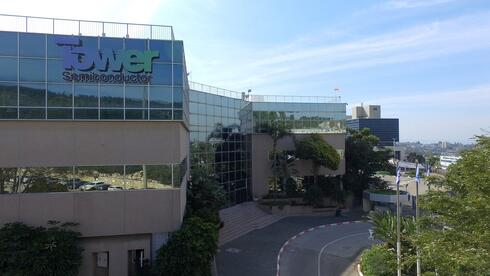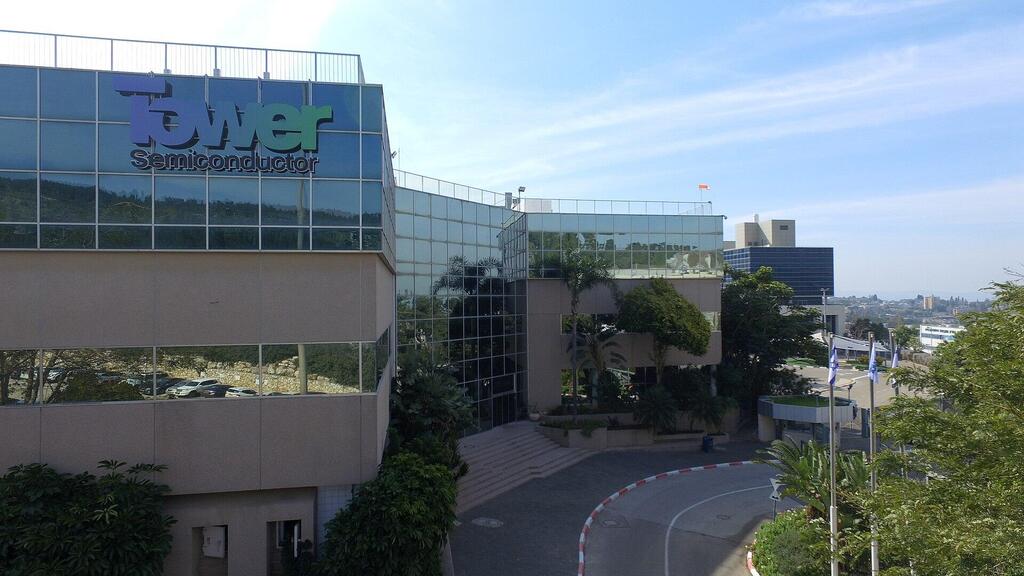
Inside Tower Semiconductor’s strategic shift: why India is now key to its growth
With U.S. and Chinese markets in flux, is India the next big semiconductor hub?
Israeli company Tower Semiconductor and the Adani Group will build a chip factory in India with a $10 billion investment. Although the companies have not yet officially announced this, the chief minister of India's western state of Maharashtra revealed the project in a post on X on Thursday. India has taken steps to encourage global companies to set up their manufacturing units in the country, with Prime Minister Narendra Modi aiming to make the country a chipmaker for the world despite initial setbacks.
The new factory will be built on the outskirts of Mumbai and will initially produce 40,000 silicon wafers. It will join Tower’s existing factories in Israel, the U.S., and Japan. The construction of the factory is expected to take between three and five years, and the chips produced will be used in cars, smartphones, and drones.
The establishment of the factory in India is not a surprising development, but it is somewhat disappointing in light of the recent closure of one of Tower's older chip factories in Israel. Regarding the possibility of building a new factory in Migdal Ha'emek to replace the outdated Fab 1, Russell Ellwanger, CEO of Tower, told Calcalist several months ago: "There is no subsidy in Israel that would make establishing a plant here profitable. The United States offers a grant of 35% of establishment costs, India gives 75%, while Israel currently provides only a 9% grant, compared to the 34% we received previously."
Throughout the past year, Ellwanger met several times with senior Indian officials as part of the company's participation in tenders for establishing chip factories. Tower will provide its technological expertise, while the Adani Group will provide the bulk of the funding.
Unlike Israel, India has made a strategic decision to encourage the development of a local chip industry, which could benefit from the same advantages Israel enjoys—relative neutrality in the U.S.-China trade war. Tower began exploring the Indian option several years ago, and in early 2022, it joined a consortium of companies planning to build a chip factory in India with a $3 billion investment. While the U.S. and China are locked in a trade conflict, India has recognized its opportunity to break into the chip market and set a goal of $300 billion in electronics production by 2026, with about $60 billion coming from chip manufacturing.
Tower abandoned its initial plan after signing a $5.4 billion agreement to sell the company to Intel. However, the deal’s cancellation, following a block by Chinese regulators, prompted Tower to revive its Indian plans. In hindsight, this is a positive development for Tower, given Intel's ongoing crisis. Tower not only maintained its independence but also received $313 million in compensation from Intel and gained the opportunity to expand production capacity by producing chips at Intel’s factory in Albuquerque, USA, leveraging the American CHIPS Act incentives.
The Adani Group is well-known in Israel as the owner of Haifa Port. It is a massive conglomerate headed by Gautam Adani, one of the wealthiest individuals in the world. In early 2023, the group faced a major upheaval after reports surfaced alleging deep-seated corruption, investor fraud, nepotism, and a host of other issues. The group’s value plummeted by $100 billion in a week. However, since then, it has returned to "business as usual" and is expanding globally in sectors such as ports, electrical infrastructure, green energy, and now, semiconductors.















